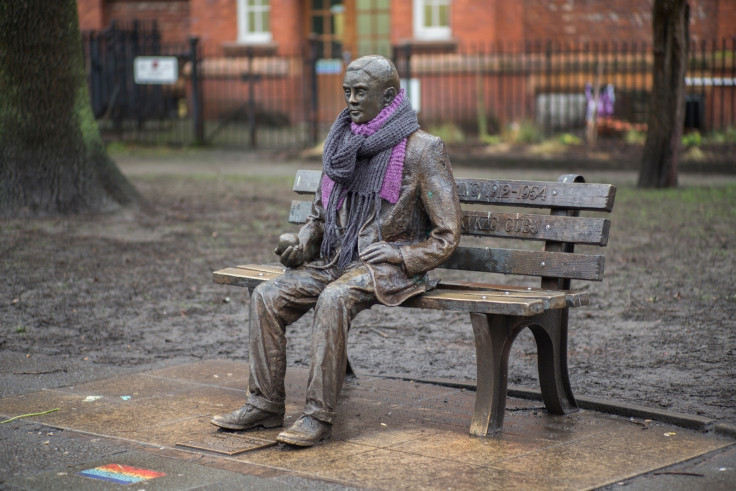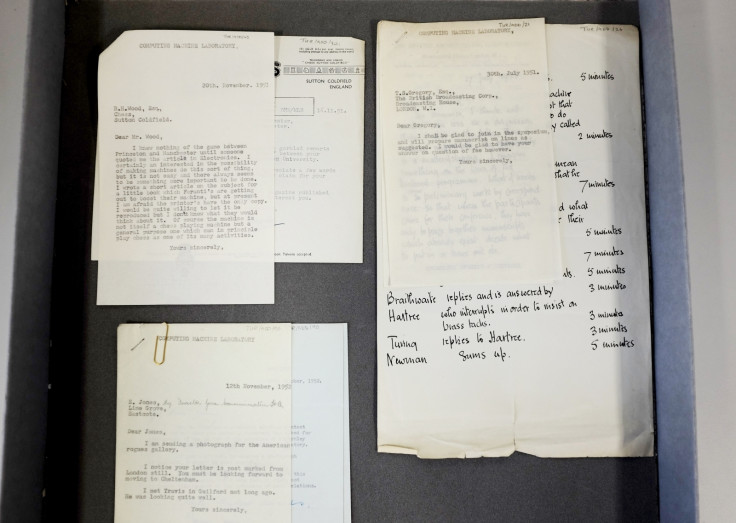Alan Turing's lost letters and AI research papers found in University of Manchester
Papers include letter from GCHQ for which Turing created the Enigma code breaking machine.

Letters and notes of correspondence from Alan Turing, considered to be the father of modern computing, have been unearthed from a filing cabinet in the University of Manchester.
The notes are reportedly dated between 1949 and 1954 and offer an insight into the mathematician and coder's academic research into computing, artificial intelligence as well as his views about the US.
The letters shed little light on Turing's personal life, and they are mostly academic correspondence with a focus on computing, AI and mathematics, reports the Guardian.
The letters and documents were found inside a cabinet in a paper file simply marked "Alan Turing" on it, said Prof Jim Miles of the University of Manchester's School of Computer Science. Turing was the deputy director of the university's computing laboratory at the time.
According to the university, there are 148 documents in all including a handwritten copy of a draft about a radio programme on artificial intelligence from 1951 titled "Can machines think?"
There is one letter from the Government Communications Head Quarters (GCHQ) for which Turing famously created the Enigma code breaking machine, asking for a photograph to add to the official history of Bletchley Park in 1952. The story of Turing breaking the Nazi code was reportedly still top secret at that time.
Turing's latter years were reportedly less than pleasant as he was subjected to enforced hormonal treatments and conviction for illegal sex acts. These incidents, says the report, are well documented, but his day to day activities as a regular academic in the university are not well known.

Archivist James Peters said: "There is very little in the way of personal correspondence, and no letters from Turing family members. But this still gives us an extremely interesting account and insight into his working practices and academic life whilst he was at the University of Manchester. There really is nothing else like it."
Interestingly, the file also contains a number of invites to Turing from leading American universities, including MIT, for talks and lectures. In response to one such invite from a US conference in April 1953, Turing wrote to Donald Mackay, a physicist at King's College London, saying: "I would not like the journey, and I detest America."
The documents have been sorted, filed and uploaded for public viewing under Alan Turing Papers at archiveshub.
© Copyright IBTimes 2025. All rights reserved.





















